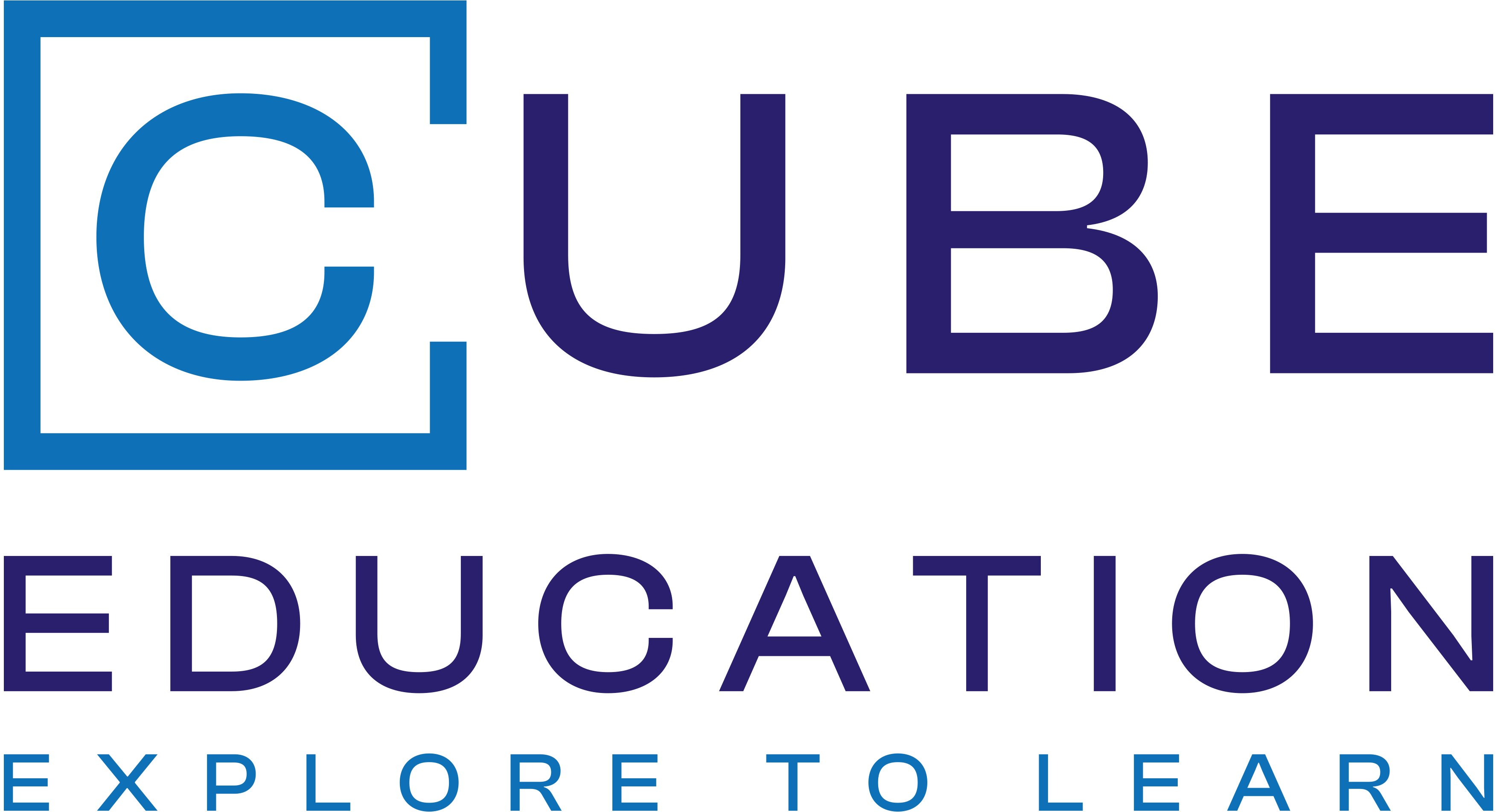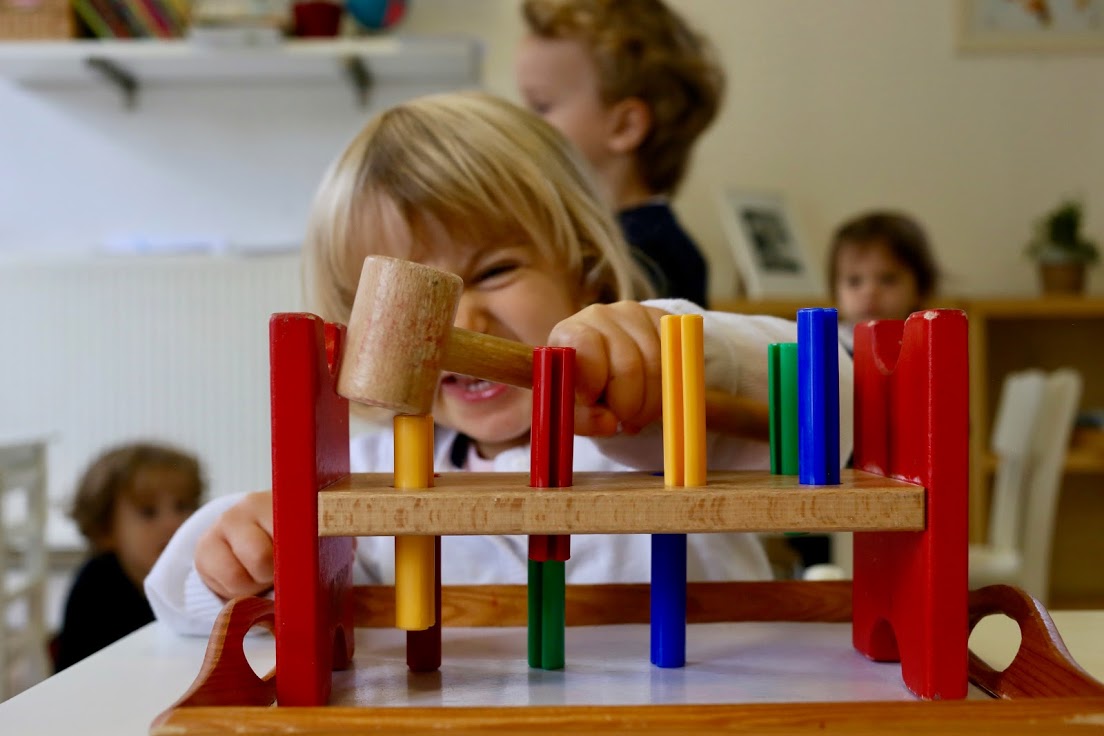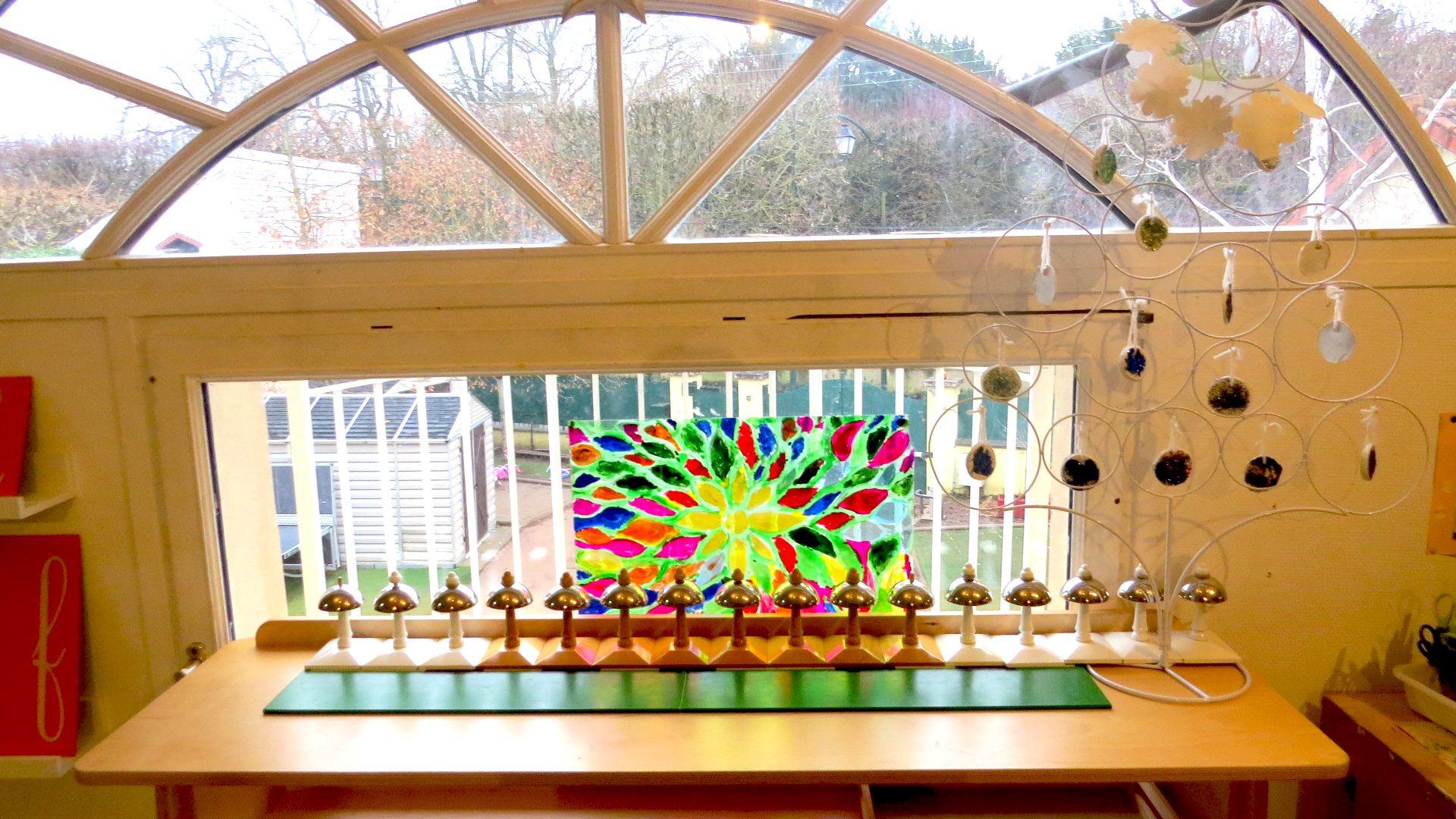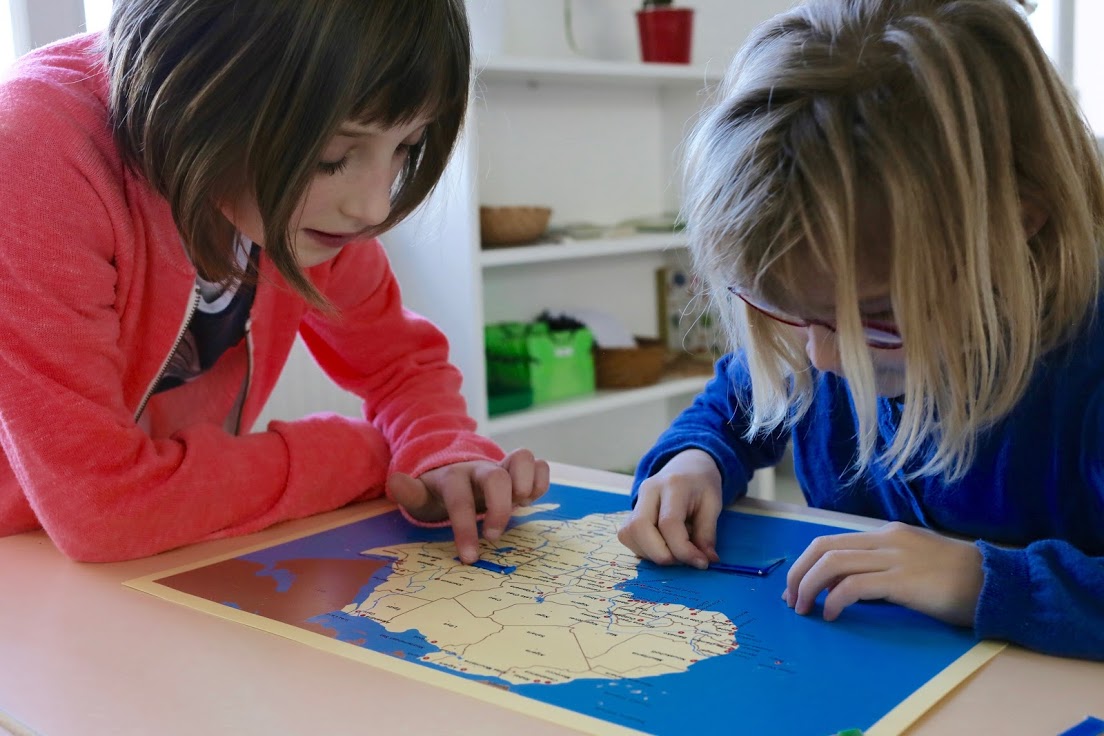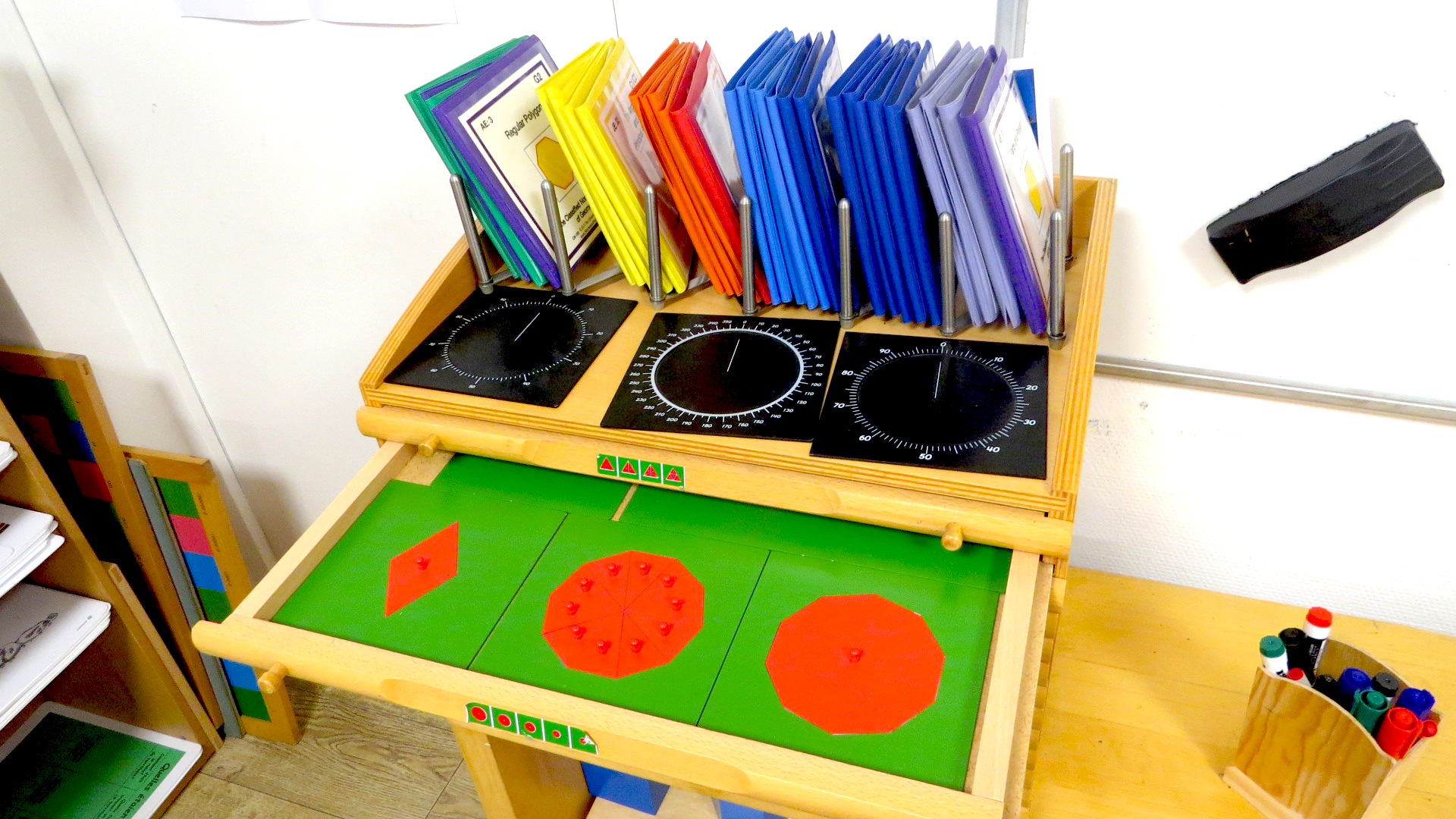Ecole Montessori Bilingue de Rueil-Malmaison
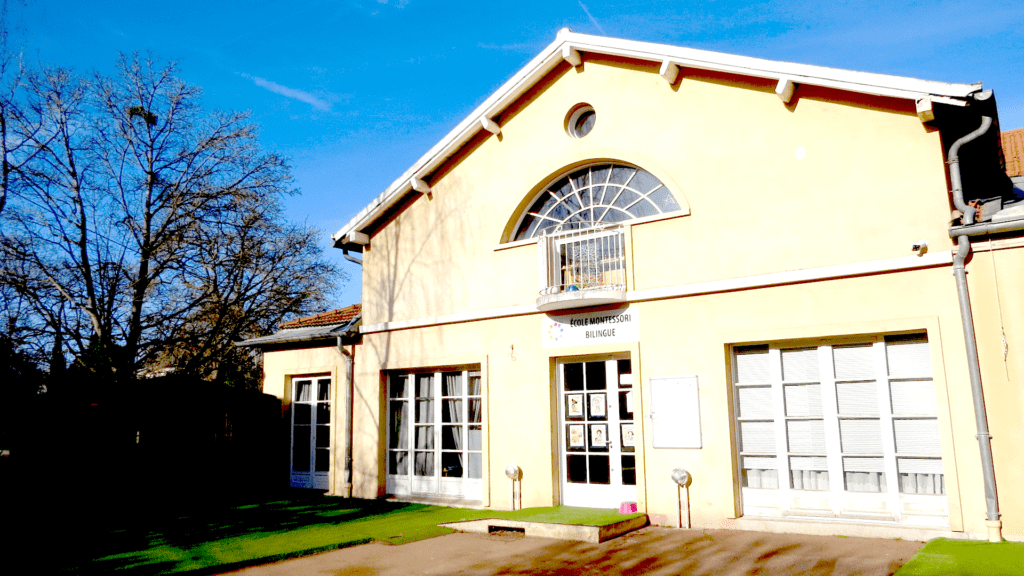
Bilingual pre-school and elementary school for children aged 2 to 12 years old
Ecole Montessori Bilingue de Rueil-Malmaison
4b/6 avenue de l’Impératrice Joséphine, 92500 Rueil-Malmaison
Director : Marine LE GAC
Assistant : Audrey CALEO
+33 (0)7 82 61 05 71
contact@ecole-montessori-rueil.fr
Located at the heart of Rueil-Malmaison, across the road from Bois Préau Park, the school is staffed with a team of bilingual professionals who are always available for the children and their families.
The school is in a detached and secure building, in a quiet environment, with a play area, a sports area, and a vegetable patch in the grounds.
The Ecole Montessori Bilingue de Rueil-Malmaison has received accreditation from the Montessori Association of France.
Our school respects the 4 fundamental pillars of Montessori pedagogy:
- a group of children of mixed ages;
- an educator certified by the International Montessori Association (AMI) minimum in each environment;
- a complete set of equipment offered to children;
- a continuous working range of 2.5 to 3 hours morning and afternoon.
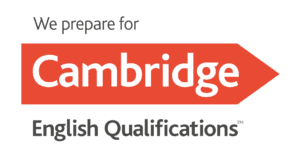
Cambridge test 2023 result:
100% success rate!
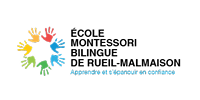
Level: Pre-school, kindergarten and elementary
Number of classes: 5 classes: 1 class 2-3 years old, 2 classes 3-6 years old, 1 class 6-9 years old and 1 class 9-11 years old.
Pedagogy: Montessori Bilingual
Number of children: 110
Age of the children : 2 to 11 years old
Surface of the premises : 370m²
Outdoor area: 250m² playground, sports area and vegetable garden
Schooling : – Monday, Tuesday, Thursday and Friday, from 8.15am to 4.30pm
– Wednesday mornings, from 8:15 to 11:30
Meals: catered by the school or lunch box possible
After-School: Monday, Tuesday, Thursday and Friday from 4.30 to 6.30 pm
Extra-curricular activities for children enrolled or not in our school:
Wednesday Club: every Wednesday, from 11.30am to 6.30pm (8:30 a.m. to 6:30 p.m. for external students)
Holiday Camps: all school holidays (except Christmas and the first 3 weeks of August)
The school allows each child to fulfil his or her own potential thanks to our individual approach. Since not all children have the same needs at the same time, we must listen to them, pay attention to their needs, and take their own rhythm and personality into account. They can be involved in their own development through experiences they select themselves in a suitable environment.
“Explore to Learn», the educational programme of the school, fosters 4 key learning factors: Attention, active involvement, feedback, and knowledge reinforcement. It is based on an active learning method: the Montessori approach with activities divided into 4 themes (practical life, sensory life, mathematics and language) and many activities in science, art, cooking as well as concrete projects carried out by the children.

PRACTICAL LIFE ![]()
- Development of global motor skills
(motor skills exercises and team games for modern coordination),
work on fine motor skills
(exercises on gripping, preparing the hand to handling pencils) - Development of concentration
- Understanding the codes of his or her culture
- Developing social skills
Help me to do things by myself: becoming autonomous
SENSORY LIFE ![]()
- Differentiating and identifying concepts by using all sensory abilities (touch, smell, etc.)
- Abstract concepts materialised by setting them apart (by naming the concept), ranking them (comparison, grading), and generalising them (in their environment)
- Accumulation of mental images (concrete representations of shapes, sizes, colours, etc.)
- Refinement of the artistic sensibility
- Help with orienteering in the immediate environment
Indirect initiation to botanic, geography, arts, history, sciences, language, and mathematics.
EDUCATIONAL GOALS
Autonomy, independence –
Self-esteem, confidence –
Adaptation to the environment –
– Socialisation and collaboration
– Development of logical thinking
– Development of intelligence
LANGUAGE ![]()
- Development of vocabulary
- Symbolic representation of graphemes and phonemes
- Expression of the child’s personality
- Accessing culture via a common code
- Total reading: Long individual process allowing the child to progress to expressive and enjoyable reading
Direct preparation to culture
MATHEMATICS ![]()
- Sensory representation of various concepts
- Perfect knowledge of numbers from 1 to 99
- Awareness of the concept of the number zero
- Knowledge of the decimal system
- Preparation to big mathematical operations
- Accumulation of mental images
- Mental arithmetic
Direct preparation to logical thinking and development of the understanding of mathematical concepts
Classes 2-3 and 3-6 years old:
Bilingualism in immersion: school program taught by English and French speaking teachers. Learning is done progressively, without the need for translation or classes. Children learn English through repetition of everyday activities with an English speaker who speaks only English.
Classroom open to the outside world: possibility of working with equipment in the garden
Physical education/sports: weekly in small groups
Musical awakening : every week in small groups, supervised by a professional guitarist
Artistic activities: materials available in the classroom, work on well-known artists or paintings
Forest school : once a month, school morning in the forest with activities related to botany
Vegetable garden: planting, cultivating and harvesting
Opening to the outside world: visits to museums or the theater/farm at school once a term and a discovery day at the end of the year,
Elementary classes 6-11 years old :
Reinforced bilingualism: reinforcement of English learning, preparation for the Cambridge English tests, flyers level reached by the majority of our students at the end of the elementary cycle (the A2 Flyers is the highest level of the three fun and motivating tests of the Cambridge English Young Learners series, intended for children in elementary or middle school. The A2 level is expected at the end of 9th grade in the traditional system),
Participation in the Kangaroo of Mathematics contest: a logic and mathematics game created in 1990 with 24 multiple choice questions of increasing difficulty, bringing culture, fun and knowledge in mathematics to all students. This game is offered in March of each year, on the same day in all participating schools (more than 6 million students concerned in 2021 throughout Europe).
Sport/pool: every week in small groups, supervised by a PE teacher, alternating (half the year swimming, half the year other sports)
Theater: workshops to discover theater, body and vocal expression workshops and creation of a performance with an association of professional actors
Artistic activities: materials made available in the classroom, work on well-known artists or paintings
Learning outside the school: use of the environment near the school (Bois Préau Park, Seine River, etc.) to illustrate the concepts studied in class
Opening up to the outside world: visits to museums or shows once a term and a discovery trip at the end of the year,
Guitar lessons: optional during school time with a professional guitarist
Parties/shows for families: 2 per year (winter and fair at the end of the year)
Educational evenings for parents: 1 per year and per cycle with an introduction to Montessori pedagogy
Events for children during school time throughout the year: United Nations week, solidarity week, spring carnival, ecology week
Registration fee (1st year): 541€
Registration fee (from the 2nd year): 379€
Deposit (1st year only): 907€
Full-time tuition fees: 9 068€
School supplies (6-11 years old only): 170€
Meals: 1 461€
After-School (4.30-6.30pm):
4 days per week: 1 940€
3 days a week: 1 503€
2 days per week: 1 022€
1 day a week: 522€
Wednesday Club (11.30am-6.30pm):
School catered meal (11.30am-1.30pm): 775€
Afternoon (1.30-4.30pm): 816€
End of the day (16h30-18h30) : 547€
Holiday Camps (8.30am-6pm):
1 week – full day: 348€
1 day: 87€
2 consecutive weeks – full day: 609€
Terms of payment :
– Due date: annual (July 1st), quarterly (July 1st, December 1st and March 1st) or monthly (1st due on July 1st then on the 1st of the month from September to May)
– Payment method: SEPA direct debit, bank transfer or cheque
Management fees: No management fees for SEPA direct debits, €25 for each payment by cheque or bank transfer
Company rates: consult the school
Possible tax credit for after-school care: 50% up to €3,500 per child
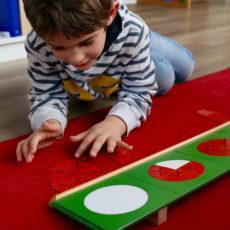
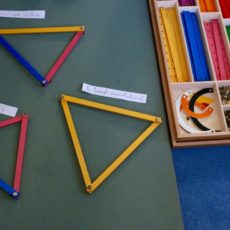
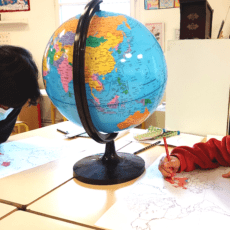
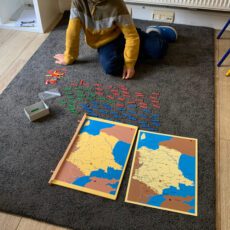
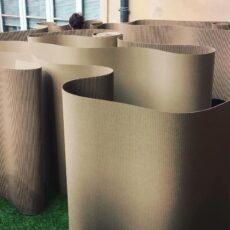
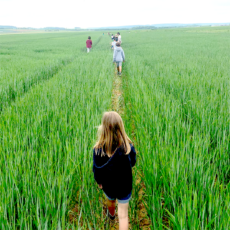
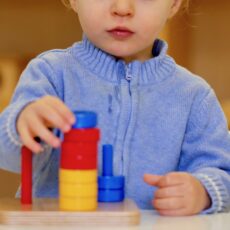
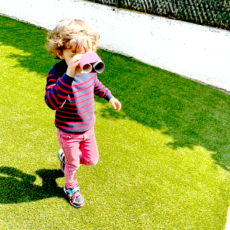
Any question?
For any information or to make an appointment, please complete the form below specifying the age of your child, the Director will be happy to answer you as soon as possible.
